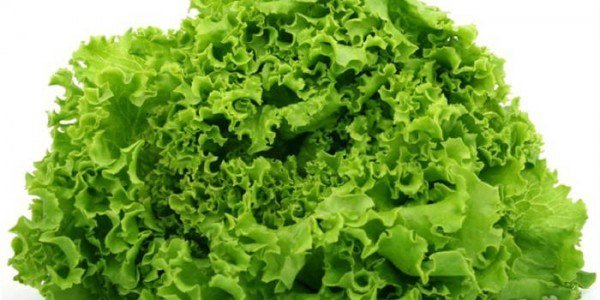Do nitrates lower blood pressure?

From the results of a study carried out by Swedish scientists, it was found that nitrates in some vegetables help to preserve the integrity of blood vessels and to lower blood pressure in the 17 non-smoking participants of aged between 20 and 30.
Each of the participants took an amount of nitrates in the form of a food supplement equivalent to what is contained in 150-200 g of vegetables rich in natural nitrates, for 3 days.
Then placebo tablets are given for the same period. The scientists found that diastolic blood pressure was lower by 3.7 mm. mercury column after 3 days than after the 3-day period of taking placebo tablets.
In another study published in the journal Hypertension, British scientists gave 14 healthy volunteers 2 glasses of beetroot juice or water, which they drank within 30 minutes.
Their blood pressure was measured every 15 minutes for 1 hour before they drank the juice or water and then every quarter of an hour for 3 hours after ingestion.
Blood pressure was then checked every hour for 6 hours and then at the 24th hour after drinking the juice or water.
In the study participants who drank beetroot juice, blood pressure decreased about an hour after drinking it.
The pressure exerted by the blood on the walls of the vessels was the lowest 2 1/2 – 3 hours after taking beet juice, and this effect was observed for about 24 hours. Blood pressure was lowest when blood nitrite levels were highest.
Nitric oxide
Nitric oxide is a vasodilator and is important for blood vessel function. The compound also provides almost complete dilation of blood vessels.
In addition, it helps regulate blood pressure, suppresses endothelial inflammatory cell repair and platelet aggregation.
Nitric oxide also helps to reduce the amount of inflammatory processes in the body and improves glucose metabolism.
In most people, low levels of the nitrogenous compound are seen in hypertension, diabetes, high total cholesterol, and endothelial cell damage.
Low levels of nitric oxide are also a prerequisite for the development ofinsulin resistance, hypertension, heart attack and atherosclerosis.
Scientists suggest that reduced levels of the nitrogenous compound may create a suitable environment in the body for the development of Parkinson’s disease.
Exercise
Exercise increases the production of nitric oxide. But with advancing age, blood vessels begin to form less and less plasma nitrite during physical activity.
Additional nitrate intake in the form of a dietary supplement has been shown to aid in more efficient energy production during submaximal exercise.
Fruits and vegetables
There is solid scientific evidence that following a diet that includes larger amounts of fruits and vegetables helps reduce blood pressure.
According to most nutritionists, the consumption of 4-5 servings of vegetables per day and 2-3 fruits is recommended.
The reason why it is not advisable to overdo it with fruit is that the large amounts of fructose put a strain on the liver.
It has been established that pomegranate juice can prevent the oxidation of nitric oxide and helps to increase its biological activity.
Vegetables with a very high nitrate content are:
• Celery;
• Watercress;
• Chervil;
• Lettuce;
• Beetroot;
• Arugula;



